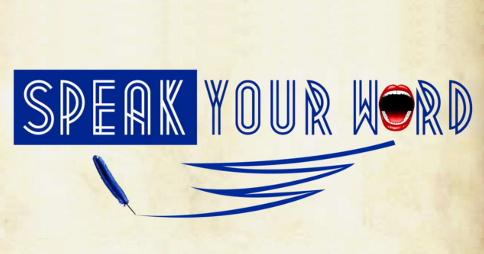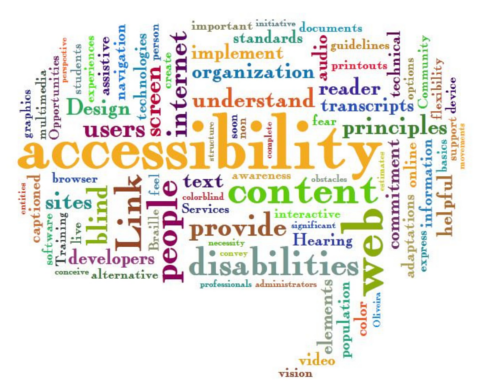Web
NVDA 2015.1 screen reader released: hands-on first impressions

While not a proficient screen reader user, I find it useful from time to time when trying to read web pages, documents and emails which are text-heavy, so I was interested to take the new version of NVDA for a spin on my Windows 8.1 machine.
Top of page
Bloggers encouraged to audiocast their posts

Audiocasts, also known as podcasts, are audio files commonly presented as voice recordings and broadcasts available to stream or download via the internet.
Top of page
ACMA reports on Australians’ online video use
Coles web accessibility case settled
Harvard & MIT sued over lack of captions
YouTube admits automatic captions have a way to go

In comments made to the BBC, YouTube said that, while it believed having automatic captioning for video content was better than have no captioning at all, there was still plenty of room for improvement.
Top of page
YouTube embraces HTML5

In a recent blog post, YouTube Engineering Manager Richard Leider wrote that this was largely due to a maturing of HTML5—a core technology underpinning the web, and as at late 2014, an official Word Wide Web Consortium (W3C) Recommendation.
Top of page







